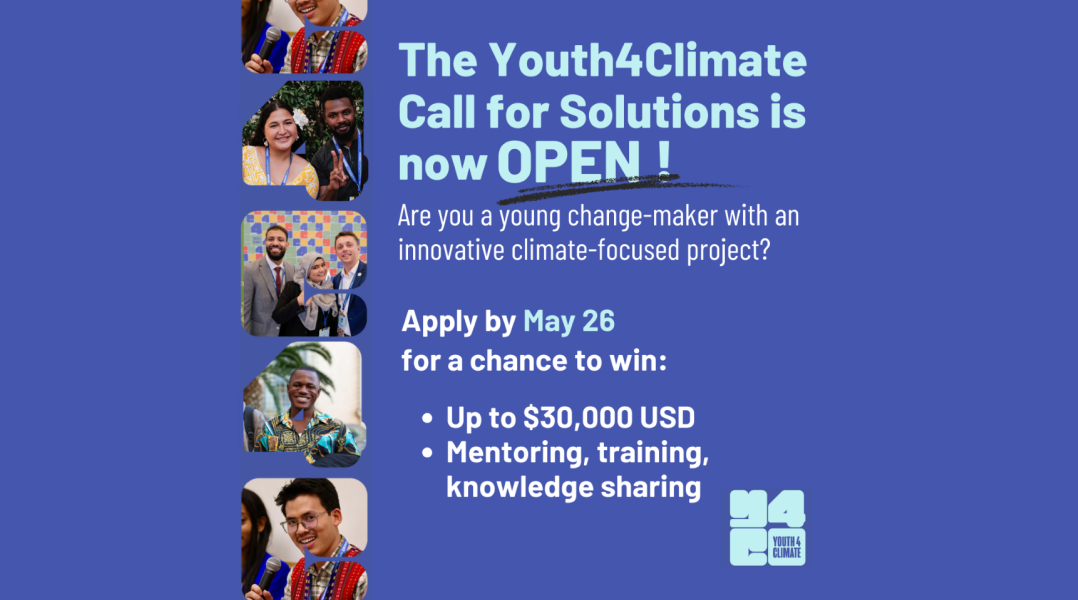China’s first "carbon accounting for zero-carbon cold chain parks" standard

Recently TÜV Rheinland Greater China (hereinafter referred to as "TÜV Rheinland"), as the main compiling unit, attended the launch meeting for the "Zero Carbon Cold Chain Park Carbon Accounting Standard" in Shanghai. The project is led by the Yangtze River Delta Smart Cold Chain Alliance (in preparation), TÜV Rheinland, Shanghai Haibo Logistics (Group) Co., Ltd., Donghua University, Shanghai Energy and Environment Exchange, Anhui Fengyuan Biotechnology Co., Ltd., Three Carbon Industry Development Group, etc. The participation of more than 20 leading enterprises, authoritative institutions and universities will provide the first systematized standard for the construction of the national cold chain industry and the transformation of zero-carbon cold chain parks.
The standard focuses on China's 2030 carbon peaking requirements, and is based on the development status of the cold chain industry in the Yangtze River Delta and internationally accepted carbon accounting standards for the formulation of carbon accounting standards for future "zero-carbon cold chain parks. When formulating standards, it follows the principles of science, authority, and strictness, and provides a clear basis and guidance in the identification of "zero-carbon cold chain parks," the setting of emission reduction targets in the parks, the transformation of low-carbon projects, and the planning of new projects. In response to the Carbon Border Adjustment Mechanism (CBAM) formulated by the EU, the formulation of this standard will effectively promote the low carbonization of the cold chain industry and enhance the export competitiveness of cold chain products.
When building a "zero-carbon cold chain park," enterprises should comprehensively and systematically integrate into the zero-carbon operating system from the aspects of planning, construction, management, and operation, and set a time path with the goal of accurate accounting for carbon neutrality. Digital integrative measures should be used for energy conservation, emission reduction, and carbon sequestration, and ultimate achievement of a carbon neutral state for internal operations in the park. Under the premise of actively responding to national policies, the construction of zero-carbon cold chain parks is of great significance in promoting the low-carbon development of the regional economy and empowering the industry. The introduction of this industry standard will help enterprises to achieve a better landing at the implementation level.
In recent years, TÜV Rheinland has actively responded to China's call for "carbon peaking and carbon neutrality," aiming at green and low-carbon development, and is committed to assisting Chinese companies and multinational supply-chain companies in their low-carbon transformation and addressing the urgent need to establish a unified standard system and provide professional technical support in the field. In the future, TÜV Rheinland will continue to leverage its own technological advantages to help the cold chain industry accelerate realization of the "dual carbon" strategic goal and contribute to the global realization of carbon neutrality.
As the world's leading technical service provider, TÜV Rheinland has accumulated more than ten years of rich experience in the fields of energy conservation, environmental protection, and low-carbon emission reduction. To date, TÜV Rheinland has provided services for the automobile, chemical, photovoltaic, electrical and electronic, real estate, battery, building materials, and other industries, including energy consumption and carbon emission data collection, modeling and quantitative indicators, and evaluation throughout the life cycle, involving raw materials, design and development, production processes, and product recycling.
About the Dual Carbon Working Committee of the Yangtze River Delta Smart Cold Chain Alliance
The Cold Chain Dual Carbon Working Committee takes as its core tasks establishing a dual-carbon standard system for the cold chain industry, ensuring the achievement of the dual-carbon goals of cold chain enterprises, and promoting the green development of the industry as its core task. Under the guidance of the Yangtze River Delta Smart Cold Chain Alliance, there will be establishment of peak, carbon neutral technical standards, organization of international and domestic research institutions and leading enterprises to jointly formulate zero-carbon cold chain standards in line with regional green development, establishment of a regional cold chain dual-carbon industry evaluation and certification system, and promotion of new recyclable and degradable cold chain industry equipment materials R&D and application. This will strengthen the promotion of green cold chain technology and energy-saving facilities and equipment, assist alliance member companies in the management of carbon emissions over the whole process and life cycle of the cold chain industry, create benchmarks for the cold chain zero-carbon industry, and enhance the voices and competitiveness of alliance members in the international and domestic cold chain industry.


